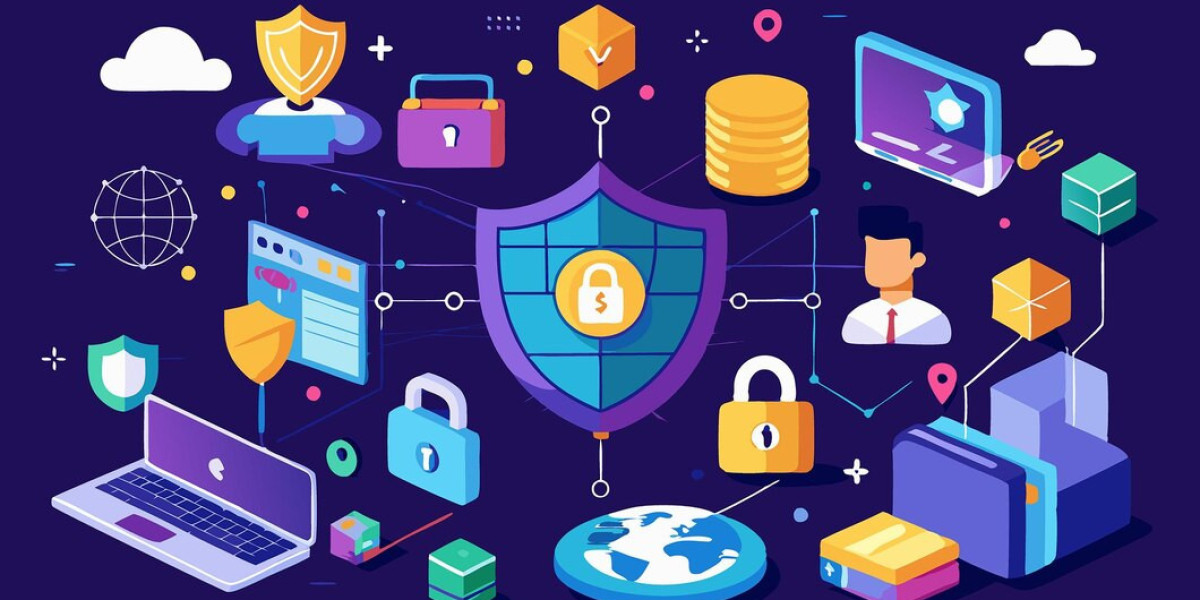In the ever-evolving world of technology, blockchain software development and artificial intelligence software development have emerged as two of the most transformative fields. Individually, these technologies have already disrupted industries ranging from finance to healthcare. But what happens when we bring them together? One of the most promising areas of synergy is in AI-powered consensus mechanisms, which have the potential to revolutionize blockchain systems by enhancing security, scalability, and efficiency.
The Role of Consensus Mechanisms in Blockchain
At the heart of every blockchain lies a consensus mechanism—a protocol ensuring that all nodes in a decentralized network agree on the validity of transactions. Traditional mechanisms like Proof of Work (PoW) and Proof of Stake (PoS) have served well, but they come with limitations. PoW, for instance, is energy-intensive, while PoS can be vulnerable to centralization risks.
These challenges call for innovation, and that's where artificial intelligence (AI) enters the picture.
How AI Enhances Consensus Mechanisms
Dynamic Optimization of Protocols
AI algorithms can analyze real-time network conditions to optimize consensus protocols dynamically. For example, AI can adjust block sizes, transaction fees, or voting weights based on the network's current state, ensuring seamless operation even during peak activity.
Predictive Maintenance for Blockchain Security
By analyzing historical transaction data, AI models can predict potential security vulnerabilities in the consensus process. This allows blockchain networks to preemptively address threats, such as Sybil attacks or double-spending attempts.
Energy Efficiency
One of the most significant criticisms of blockchain systems, particularly PoW, is energy consumption. AI can design and implement energy-efficient algorithms that reduce computational redundancy without compromising security. For instance, reinforcement learning models can guide the network to select the most efficient path for consensus validation.
Improved Fault Tolerance
Blockchain networks rely on distributed nodes, which can be prone to faults or malicious behavior. AI-powered anomaly detection systems can identify and isolate problematic nodes in real-time, ensuring network integrity and reliability.
Adaptive and Scalable Mechanisms
AI models can analyze patterns in transaction data to predict future network demands, enabling the system to scale dynamically. This is particularly useful for enterprise-level applications where scalability is a critical factor.
Real-World Applications of AI in Blockchain Consensus
Several blockchain software development companies are already exploring the integration of AI-powered consensus mechanisms:
Energy Trading Platforms: AI-optimized blockchains are being used for peer-to-peer energy trading, reducing latency and increasing transactional efficiency.
Supply Chain Networks: AI ensures that blockchain systems can handle high transaction volumes securely and adaptively in global supply chains.
Healthcare Data Management: AI enhances the security of sensitive data while ensuring the blockchain remains efficient and scalable.
Why Businesses Should Pay Attention
For enterprises looking to build the next generation of decentralized systems, partnering with an experienced blockchain software development company is essential. AI-powered consensus mechanisms offer a competitive edge by delivering higher levels of security, efficiency, and scalability. Additionally, these systems pave the way for greater adoption of blockchain technologies in industries that demand high performance, such as finance, healthcare, and logistics.
Collaboration Between AI and Blockchain Experts
The integration of AI and blockchain requires a deep understanding of both technologies. Artificial intelligence software development companies are critical players in this transformation, bringing expertise in machine learning, predictive analytics, and optimization algorithms. By collaborating with blockchain experts, these companies can design systems that are not only robust but also future-ready.
Conclusion
The convergence of AI and blockchain through AI-powered consensus mechanisms is a game-changer. By addressing the limitations of traditional consensus models, AI unlocks new possibilities for secure, efficient, and scalable decentralized systems. Whether you are a tech entrepreneur or a forward-thinking enterprise, now is the time to explore the potential of this synergy.
Partnering with a leading blockchain software development company can help you harness the power of these transformative technologies, ensuring that your systems are ready to meet the challenges of tomorrow.








